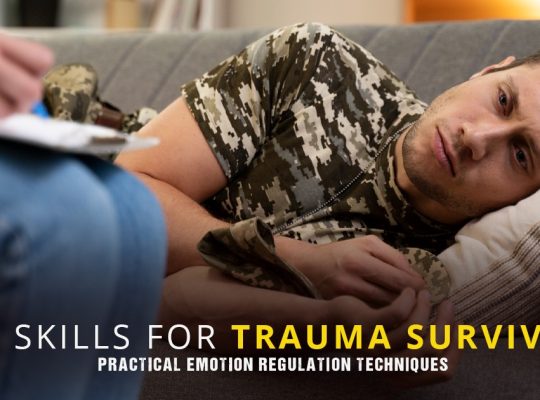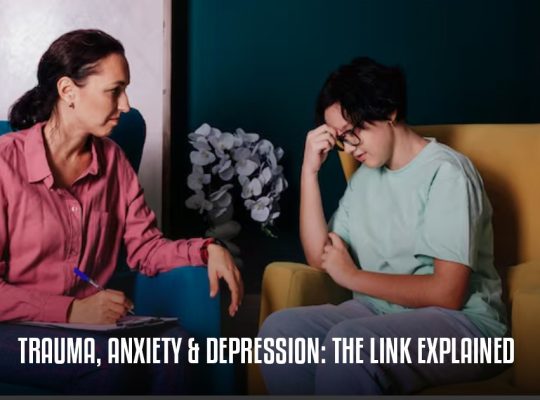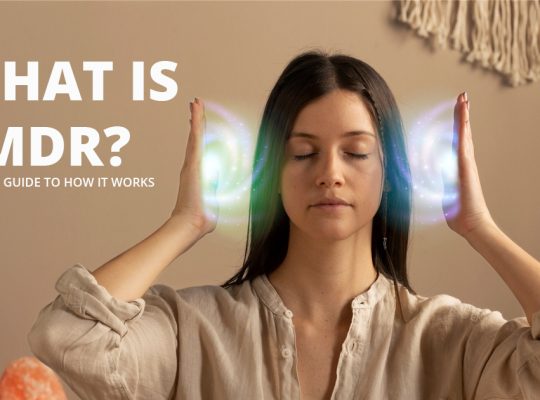Life can feel heavy after difficult experiences, and sometimes the weight doesn’t go away on its own. Many people push through, hoping time will heal everything. But if certain feelings or behaviors keep showing up, they may actually be signs of trauma that deserve attention. At Austin Trauma Therapy Center (ATTC), we understand how past experiences can impact your present, and we provide a safe space to work through those challenges with professional support.
1. You Relive the Experience Often
If memories of a painful event intrude unexpectedly, through flashbacks, nightmares, or sudden emotional reactions, it may signal unresolved trauma. These moments can feel so real that they disrupt daily life. A therapist can help you process those memories in a healthier way, so they lose the power to control your present.
2. Avoidance Becomes a Coping Mechanism
Do you find yourself steering clear of people, places, or conversations that remind you of what happened? While avoidance may bring short-term relief, it often creates more isolation and anxiety over time. Trauma therapy at ATTC focuses on gentle, guided strategies that allow you to face triggers without feeling overwhelmed.
3. Your Body Feels Stuck in High Alert
One of the most common experiences linked to trauma is hypervigilance, your nervous system constantly scanning for danger. This state can lead to restlessness, irritability, or trouble sleeping. These are not just random behaviors; they are symptoms of emotional trauma that signal your body is struggling to return to a state of safety. Therapy can help regulate these responses and restore balance.
4. Emotional Numbness or Disconnection
Sometimes trauma doesn’t show up as intense feelings but rather the absence of them. You may feel disconnected from loved ones, unable to experience joy, or emotionally “shut down.” This protective mechanism may have helped during the event, but when it continues long after, it can interfere with your ability to fully engage in life. At ATTC, therapy is designed to rebuild connection and help you feel more present again.
5. Difficulty Managing Anxiety and Stress
If you often find yourself overwhelmed by panic, fear, or intense worry, trauma may be at the root. Many clients we see experience PTSD anxiety, a state where ordinary stressors trigger outsized emotional responses. Therapy offers tools to manage these reactions and creates a healthier relationship with stress.
Why Getting Help Matters?
It’s important to remember that trauma looks different for everyone. Some may experience subtle warning signs, while others struggle with very visible effects. Learning how to define post traumatic stress disorder helps highlight that it’s more than just a reaction; it’s a real mental health condition that can significantly impact quality of life if left unaddressed.
At Austin Trauma Therapy Center (ATTC), we take a compassionate, evidence-based approach to healing. Our therapists specialize in trauma-focused care, helping clients process experiences, build coping skills, and move toward lasting recovery.
Reach Out Today
If you recognize yourself in any of these signs, know that you don’t have to carry the burden alone. Trauma therapy provides a path forward, offering safety, guidance, and the chance to reclaim your peace of mind.
Reach out to Austin Trauma Therapy Center (ATTC) today and take the first step toward healing. Your story doesn’t end with trauma; it can begin again with recovery.
FAQs
1. How do I know if I have trauma or just stress?
Stress usually passes once the challenge ends, while trauma leaves lasting emotional or physical effects that continue to interfere with daily life.
2. Can trauma therapy help with physical symptoms like headaches or insomnia?
Yes. Emotional trauma often shows up in the body, and therapy can reduce stress-related physical symptoms.
3. How long does trauma therapy usually take?
It varies. Some people benefit from short-term support, while others need longer-term care. ATTC tailors therapy to each person’s needs.
4. Is trauma therapy the same as general counseling?
Not exactly. Trauma therapy uses specific approaches designed to process traumatic memories and reduce their impact, whereas general counseling may focus more broadly on life challenges.
5. What should I expect at my first session with ATTC?
You’ll meet with a therapist who listens to your story, helps identify your goals, and creates a plan tailored to your healing journey.





